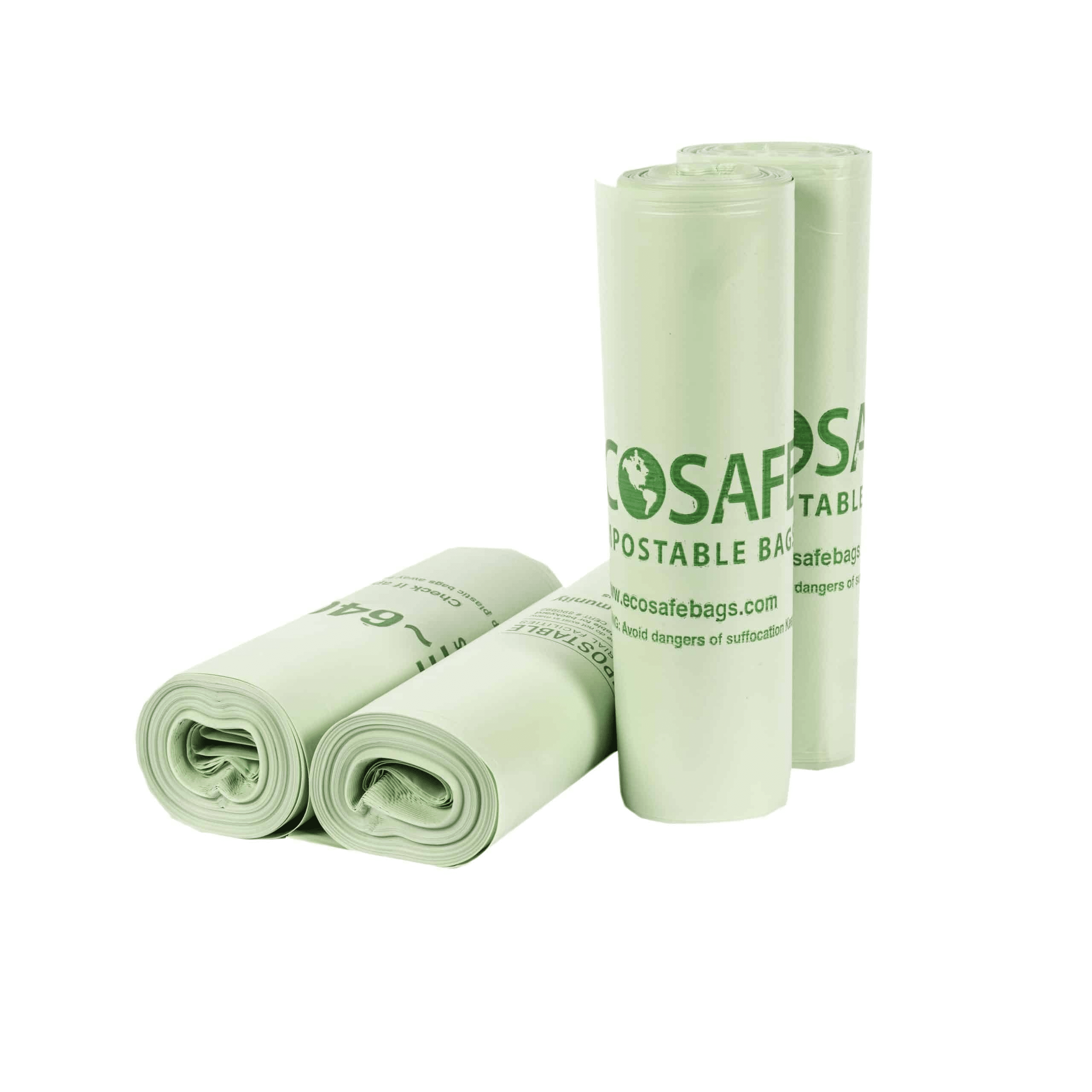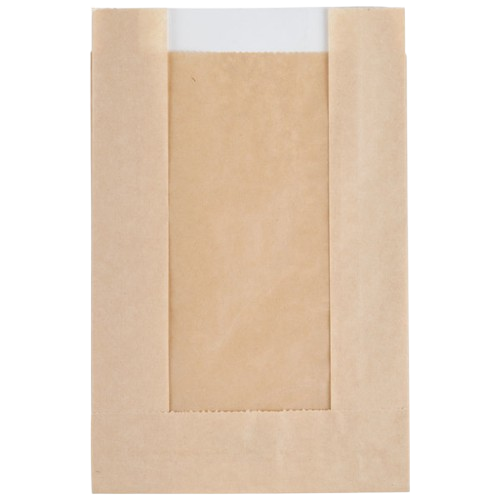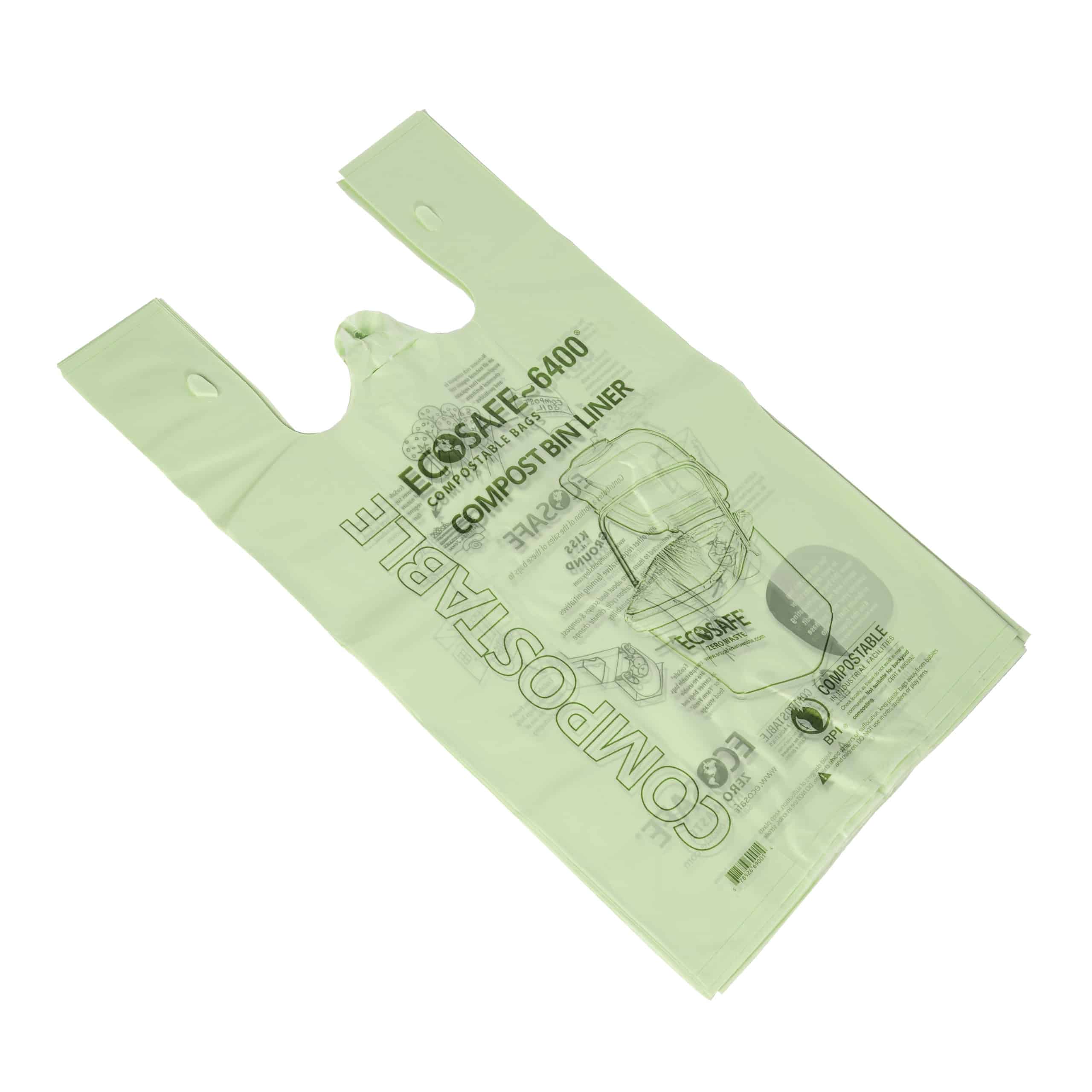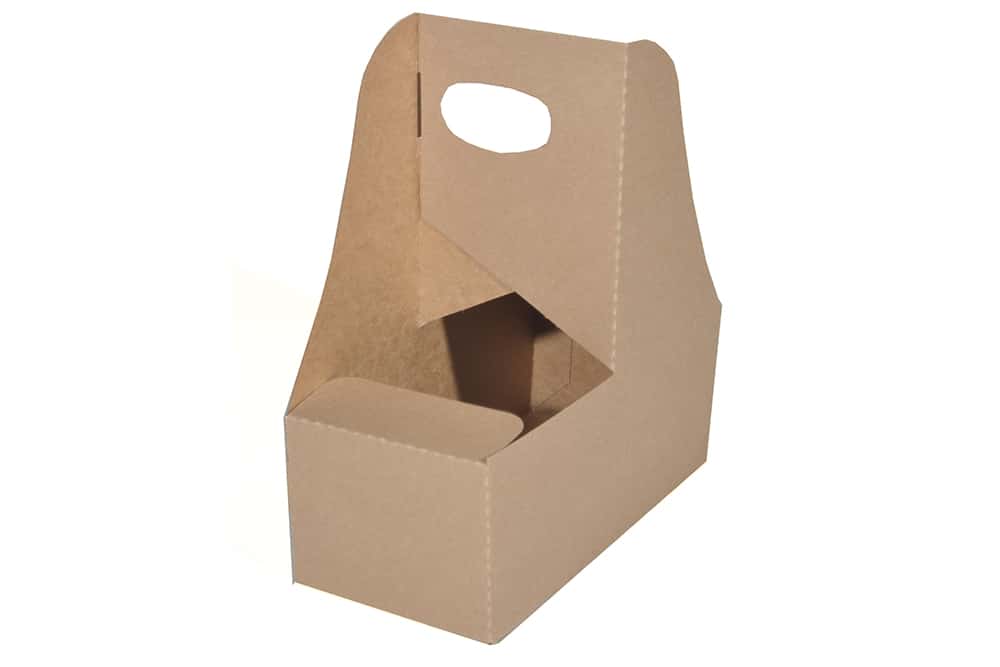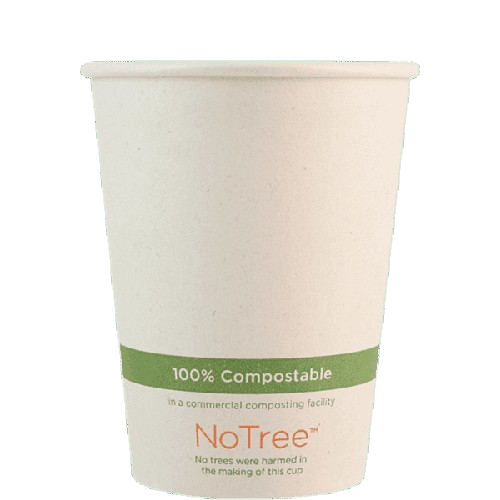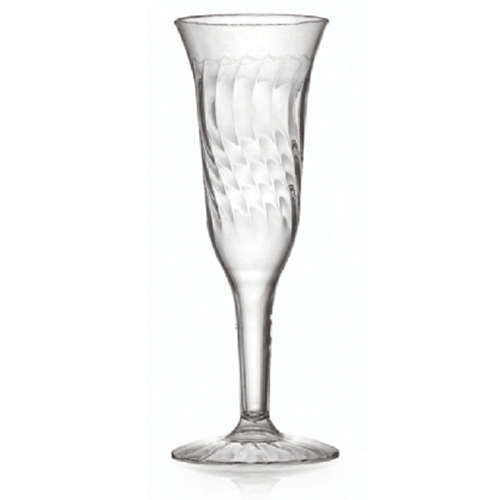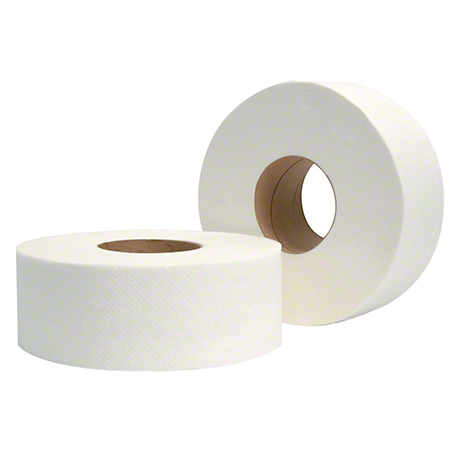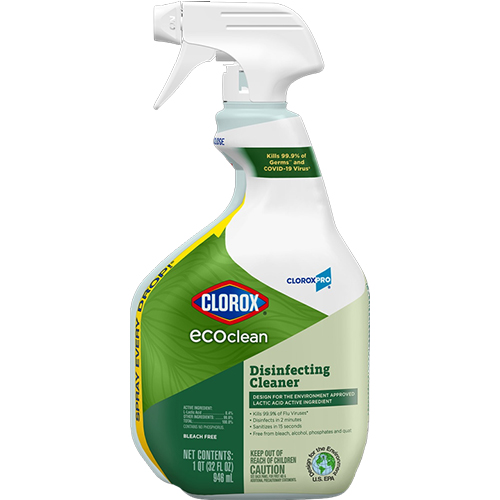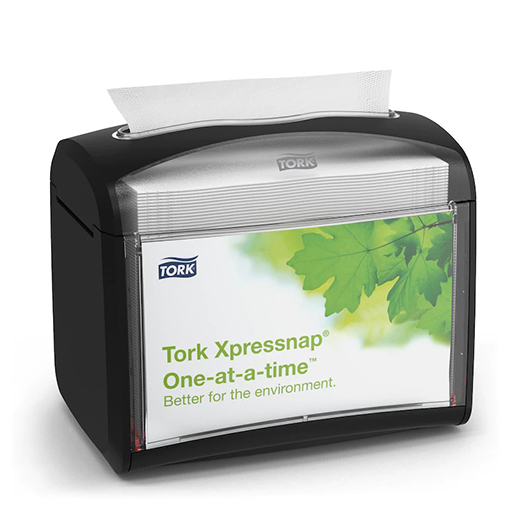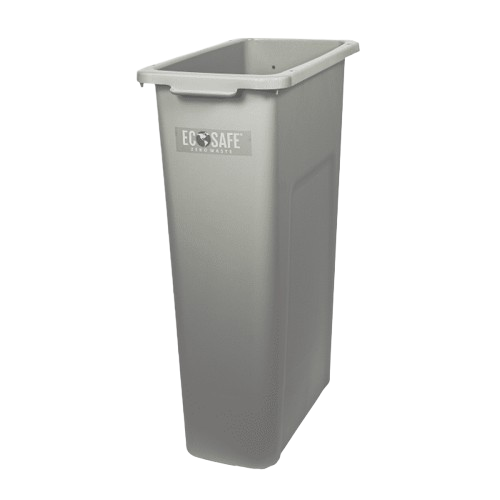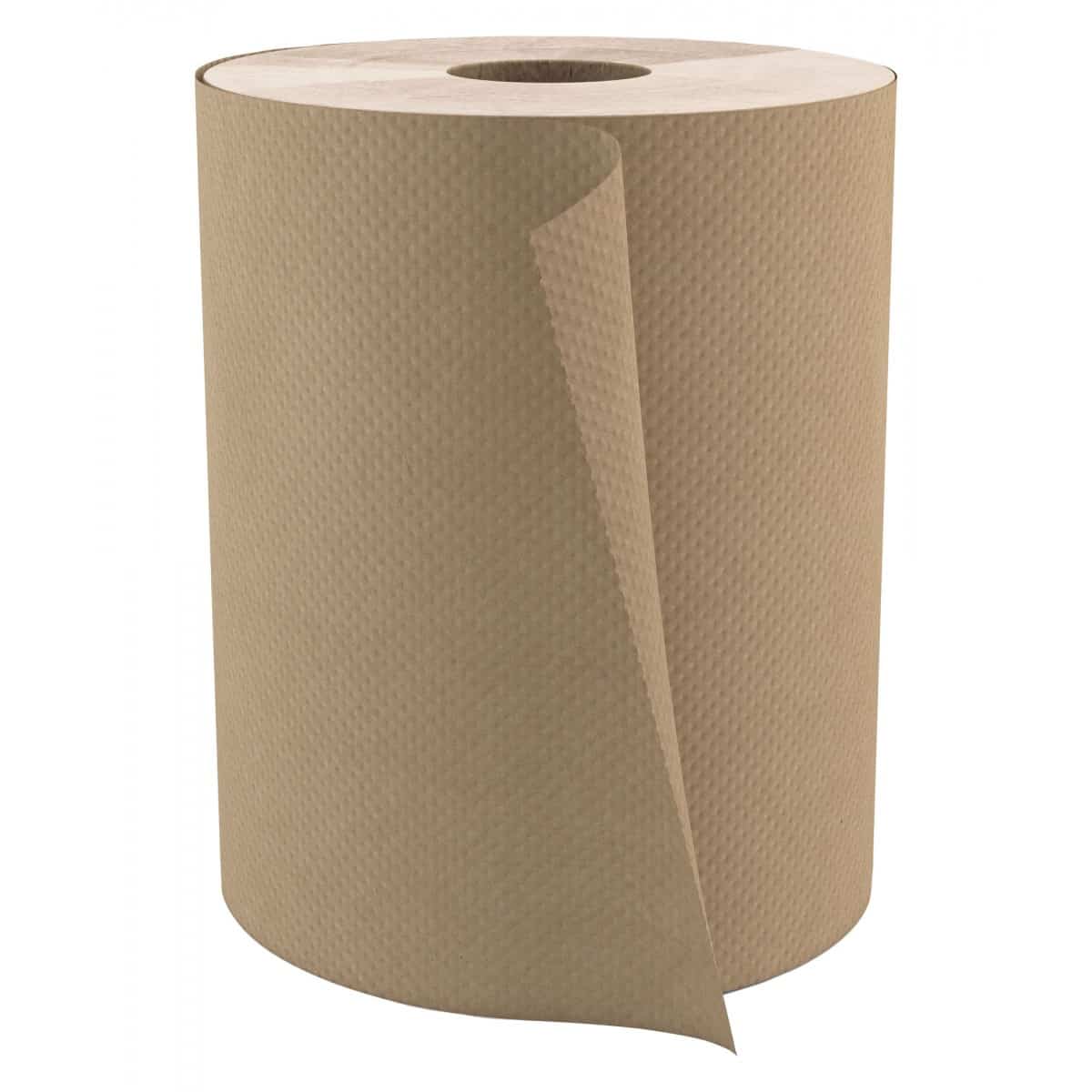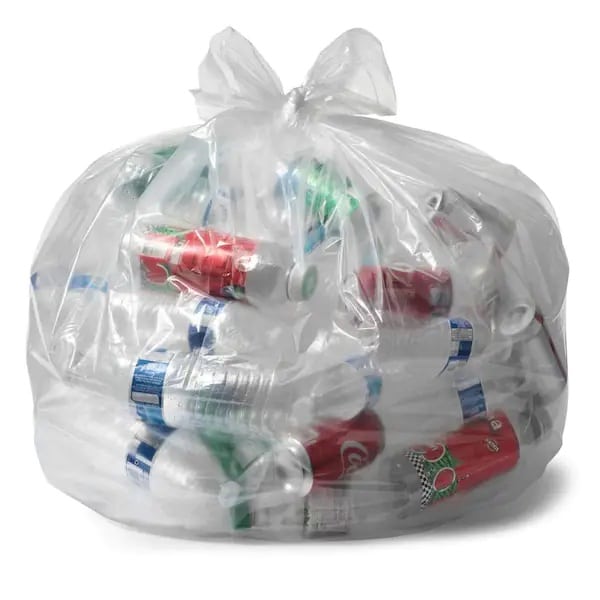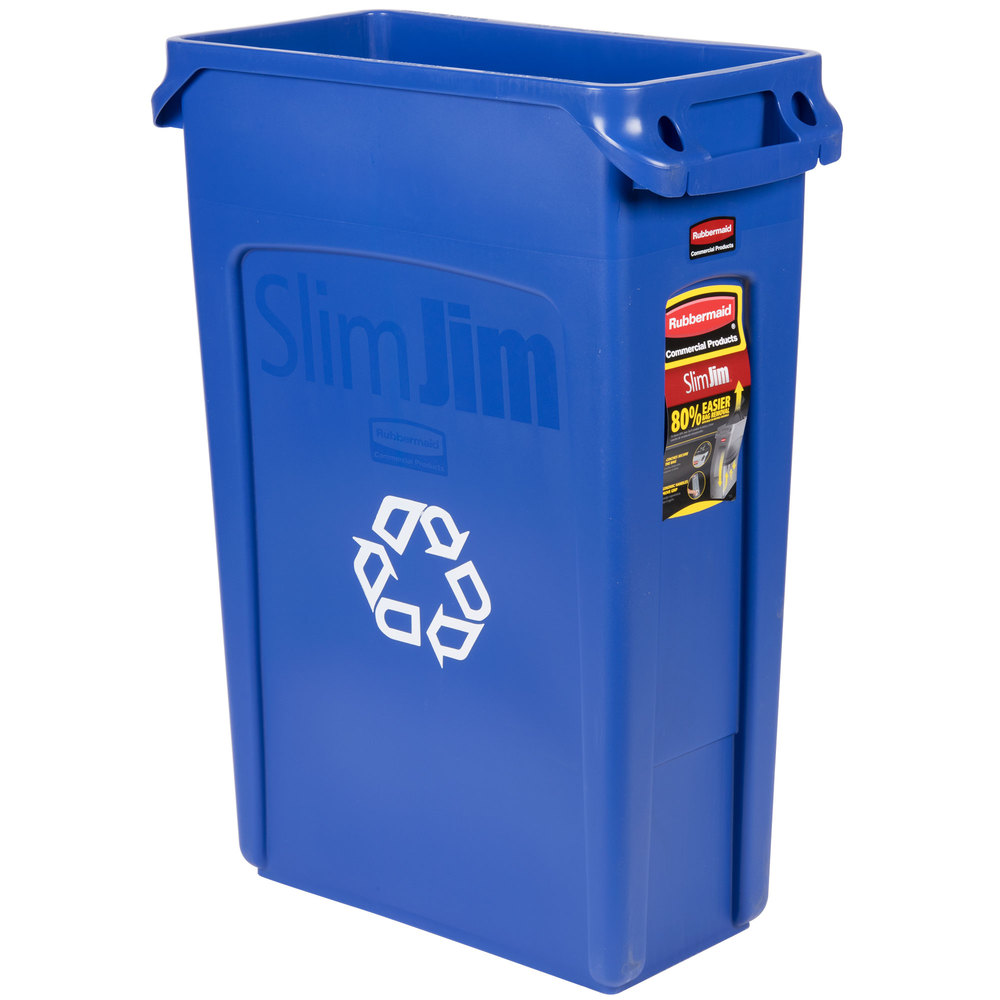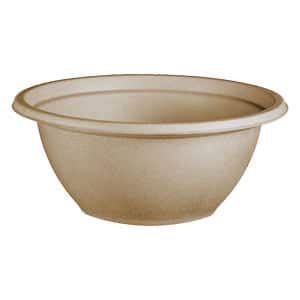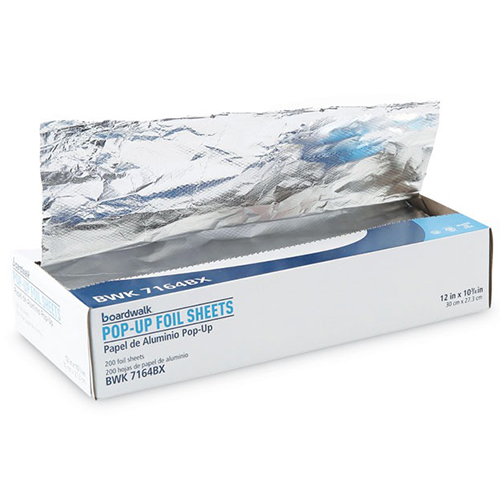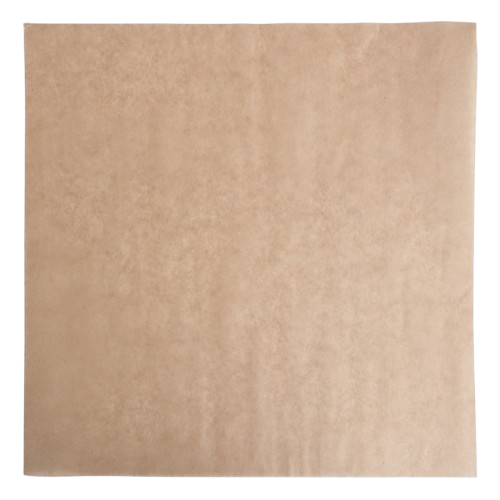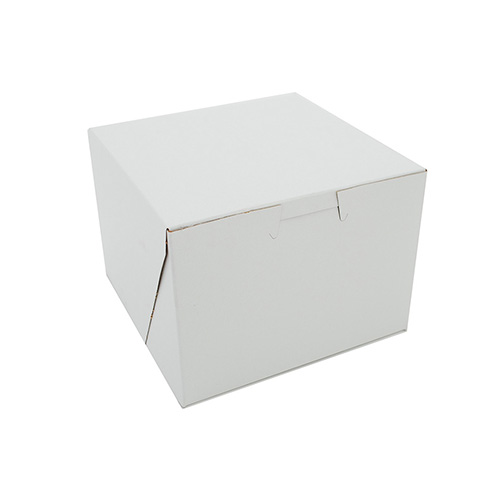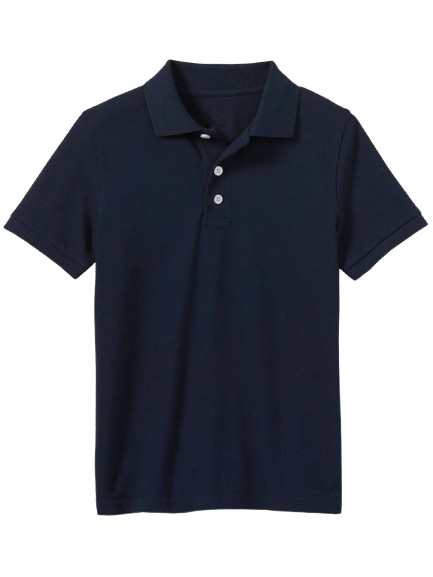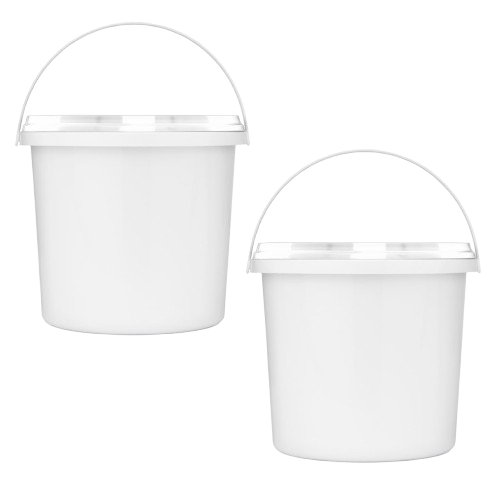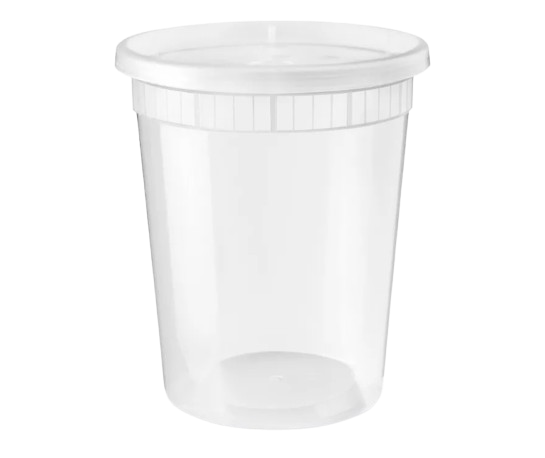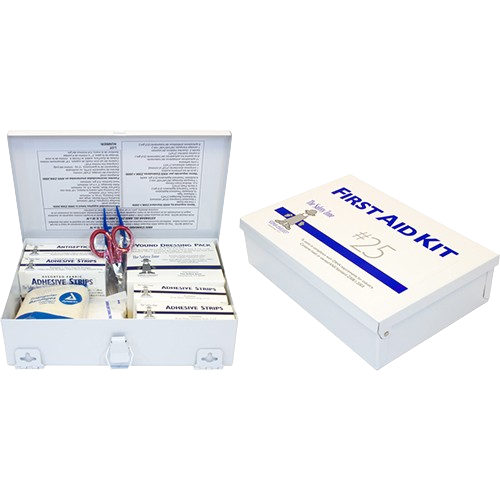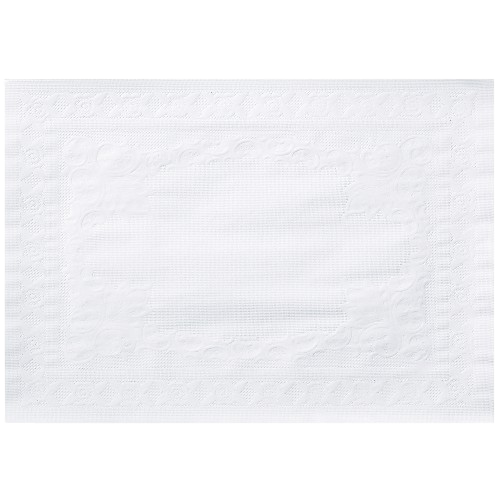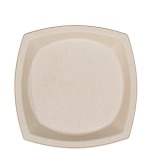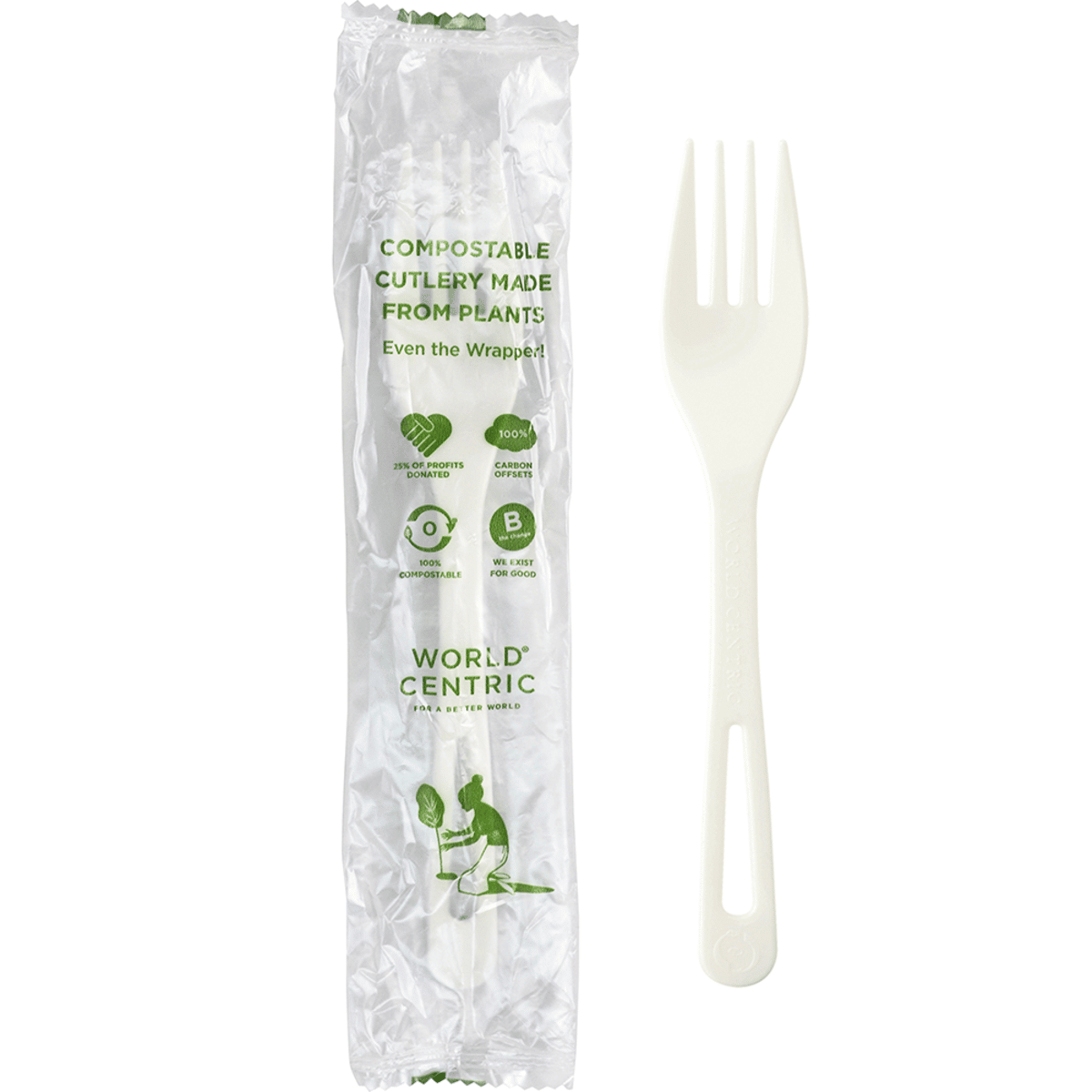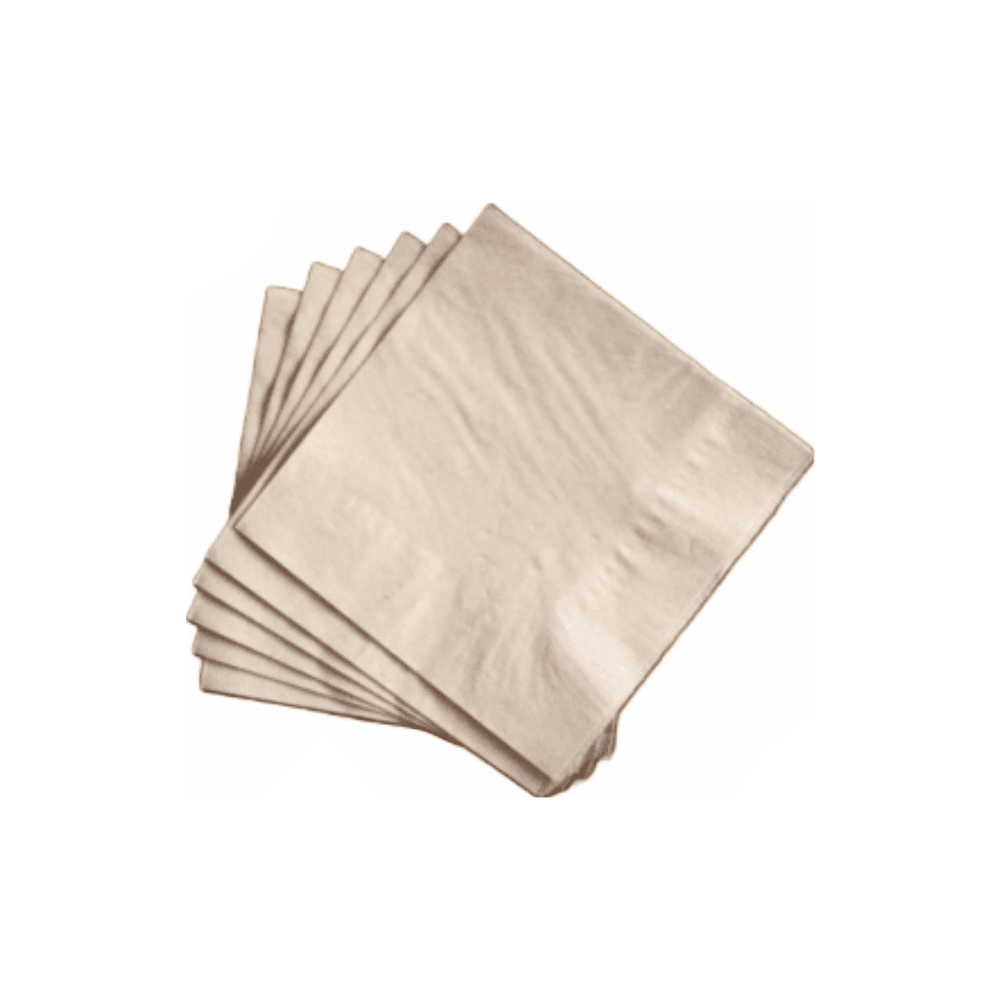
Beverages are Leading the Way in Sustainable Packaging
As consumers become more environmentally conscious, the demand for sustainably packaged beverages has increased. Beverage companies have responded to this demand by developing packaging solutions that are both eco-friendly and functional. There are several types of sustainable beverage packaging, many of which we have discussed in previous posts, however, let’s do a recap:
Biodegradable and Compostable Packaging: Biodegradable and compostable packaging are made from materials that can break down naturally over time. These materials include plant-based plastics, paper, and sugarcane fibers. Biodegradable packaging is designed to break down through natural processes, while compostable packaging can be broken down in an industrial composting facility. One of the main benefits of biodegradable and compostable packaging is that they reduce the amount of waste in landfills. They also require less energy to produce than traditional plastics, which reduces the carbon footprint of the beverage industry.
Recyclable Packaging: Recyclable packaging is made from materials that can be recycled and reused. These materials include glass, aluminum, and certain types of plastics. Recyclable packaging can be collected and processed into new products, reducing the need for virgin materials. The benefits of recyclable packaging include a reduction in waste, energy savings, and a decrease in the demand for virgin materials. Recycling also helps to conserve natural resources, which is important for the sustainability of our planet.
Refillable Packaging: Refillable packaging allows consumers to reuse the same container multiple times. This type of packaging is often used for beverages like beer and soda, where the same container can be filled and refilled at a brewery or soda fountain. The benefits of refillable packaging include a reduction in waste, as well as energy savings from the production of new containers. Refillable packaging also encourages a circular economy, where resources are used and reused instead of being discarded.
With all of these options, there are many beverage companies that have taken steps to incorporate sustainable packaging into their products. Here are a few examples:
Coca-Cola: The Coca-Cola Company has made a commitment to use 100% recyclable packaging by 2025. They are also investing in sustainable packaging solutions, such as their PlantBottle, which is made from plant-based materials.
Boxed Water Is Better: This company produces water packaged in cartons made from sustainably sourced materials. They also use a closed-loop recycling system, where their cartons are collected and processed into new products.
JUST Water: JUST Water uses a packaging system that includes a plant-based cap, a paper label, and a bottle made from 82% renewable resources. The bottle is also fully recyclable.
PepsiCo: PepsiCo has committed to using 100% recyclable, compostable, or biodegradable packaging by 2025. They are also investing in innovative solutions, such as their SodaStream system, which allows consumers to make their own soda at home and reduce waste from single-use bottles.
BrewDog: This craft beer company has introduced a reusable stainless steel bottle for their beers. Customers can purchase the bottle and return it for a refill at one of their locations, reducing waste and promoting a circular economy.
These are just a few examples of beverage companies that are using sustainable packaging for their products. Many other companies are also taking steps to reduce their environmental impact through sustainable packaging solutions. While water companies are using paper cartons to package their water, some wine companies are using boxes for their wine. Yes, boxed wine is an old story, but the quality of boxed wine has come a long way, and more companies are now focusing on it due to sustainability and lower costs.
As we know boxed wine can be a sustainable option, but it depends on the specific product and packaging. In general, boxed wine has a lower carbon footprint than bottled wine because the packaging is more efficient to transport and produces less waste. However, the sustainability of boxed wine depends on factors such as the materials used for the packaging and the environmental practices of the wine producer.
Many boxed wines now use packaging that is made from recycled materials and is recyclable itself, which can be more sustainable than traditional bottled wine. Additionally, some boxed wines come in bag-in-box packaging, which is even more environmentally friendly as it produces less waste and is lighter to transport.
In terms of taste, boxed wine has come a long way in recent years and there are many high-quality options available. While some people may still prefer bottled wine, boxed wine can be a good option for those looking for an affordable and convenient option that is also eco-friendly. As with any wine, the quality and taste can vary depending on the brand and variety. It’s always a good idea to read reviews or try a small amount before purchasing a larger box of wine to ensure you enjoy the taste.
But what about innovative sustainable packaging? We have heard about the ones above before, like recyclable packaging and refillable packaging, but what are some innovative packaging ideas?
Innovative Packaging: Innovative packaging solutions are being developed by beverage companies to reduce their environmental impact. For example, some companies are experimenting with edible packaging made from seaweed, which can be eaten along with the beverage. Others are exploring the use of reusable containers made from durable materials like stainless steel.
We already know that there are companies that use wooden barrels for aging their beverages, such as wine and whiskey. These barrels are typically made from oak and can contribute to the flavor and aroma of the beverage. But did you know there are beverage companies that have used wood in their beverage packaging? One example is Johnnie Walker, a Scotch whisky brand owned by Diageo, which has developed a limited edition whisky packaging made from sustainable wood. The packaging is made from American oak that is sourced from sustainably managed forests in the United States.
Another example is Carlsberg, a Danish brewing company, which has developed a “Green Fiber Bottle” made from sustainably sourced wood fibers. The bottle is fully recyclable and has a significantly lower carbon footprint than traditional glass bottles.
Overall, the use of wood in beverage packaging is still relatively uncommon, but it can offer a sustainable and innovative option for companies looking to reduce their environmental impact. The benefits of innovative packaging include a reduction in waste and energy savings. These solutions also help to reduce the demand for virgin materials and encourage a circular economy.
In conclusion, sustainable packaging is an important consideration for the beverage industry. Biodegradable and compostable packaging, recyclable packaging, refillable packaging, and innovative packaging solutions all offer benefits for reducing waste, conserving resources, and promoting a circular economy. As consumers become more environmentally conscious, beverage companies must continue to develop and implement sustainable packaging solutions to meet their needs.



